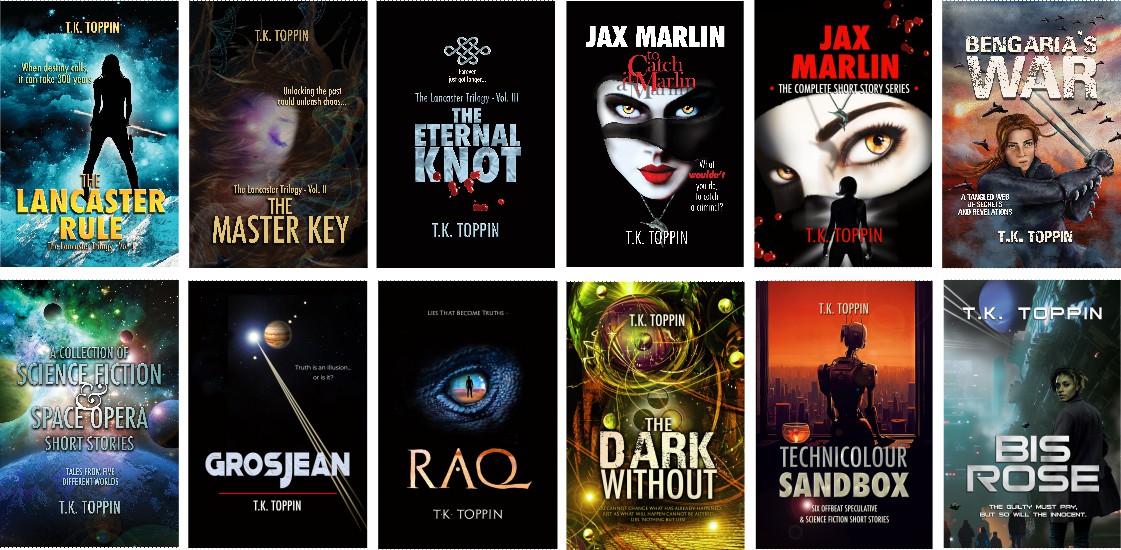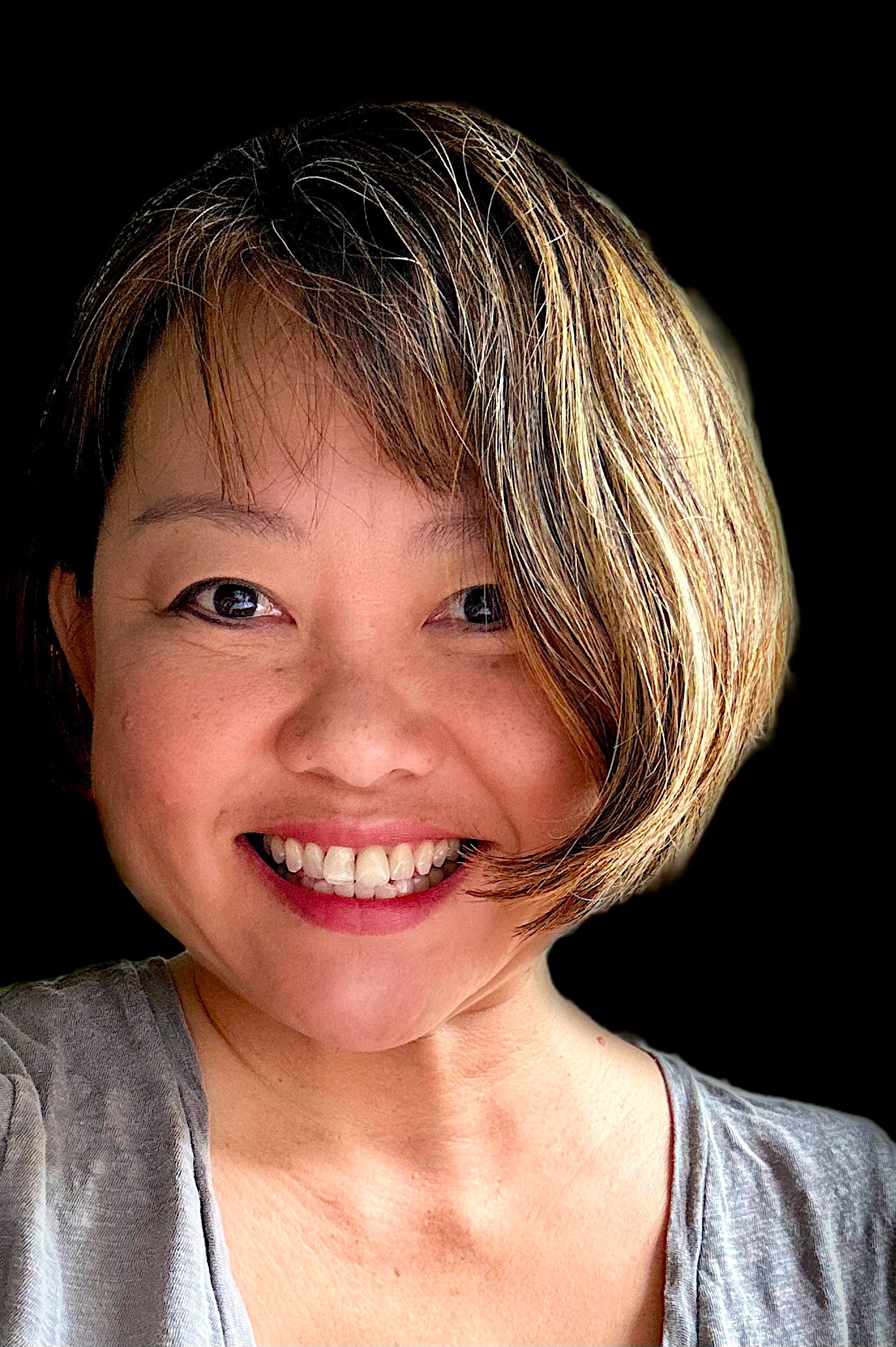We recently connected with T.k. Toppin and have shared our conversation below.
T.K., looking forward to hearing all of your stories today. Did you always know you wanted to pursue a creative or artistic career? When did you first know?
I’ve always been artistic/creative, scribbling and doodling wherever and whenever (behind doors, walls, under tables, in my mother’s magazines). But my formal training wasn’t in the arts or even creative writing, even though I did well in those areas. I’d wanted to be a veterinarian, though the amount of time needed to study for that made my brain falter, so I switched to management studies, specifically in the hotel/hospitality sector. It was during the time after I’d finished my studies, whilst searching for employment in that field, that I turned to art.
I freelanced as an artist/commercial artist since I was nineteen – earlier, if you include the time classmates would ask me to draw things or help with posters, even the teachers enlisted my help. I’d been lucky to have friends in the art community, and we sort of helped each other out with jobs along the way, and therefore, expanding the clientele. In the thirty-odd years doing freelance graphic art, all while working full-time in various jobs, and even opening my own business in graphic design, the writing, I think it was always there. And organically, I transgressed towards it. When I was younger, I’d draw cartoons and graphic novels, full of adventure and engaging (yet juvenile) stories. It was a creative outlet, and the drawing part felt good, like a release. The writing, or the imagining part, hadn’t fully wakened.
But soon, the writing took over, and I’d spend more time doing that than art. With the changing tides of graphic art, and easier access to many creative platforms available so the average person could become an “artist”, my art business soon slowed down considerably. A certain global shutdown hadn’t helped either. I made the liberating decision to retire from that life. By then, I’d written a few books, had been lucky enough to get a small press publisher, leave said publisher and become a fully independent author and write more books. I haven’t regretted leaving the art world or my nose-dive into the literary world.

Awesome – so before we get into the rest of our questions, can you briefly introduce yourself to our readers.
My artistic/creative side is never dormant, despite being retired from it as an occupation. When I made the decision to become a writer, I scoured the internet of all things literary – from how to get an agent, publisher, to writing a book. (A lot has changed since then). Starting from ground zero, basically, as all my friends and associates were basically artists, not writers. During this time, I’d written my first book (second, actually. But we won’t ever talk about that first one) and I’d been actively sending out queries to publishers and agents. No luck, until one day, a small press took a chance. Through them, I learned a heap more! From the shaping of the story to the editing process to the marketing side. Ebooks were just about to go mainstream and into everyone’s tablet through an app, and it was an exciting time with so much new possibilities for books. I’d met staunch paperback lovers who were terrified of what would happen to physical books. For me, I was simply learning from scratch, soaking it all in and trying to improve my craft. And I went from having zero help, to a community of authors to, well, commune and commiserate with. It was amazing! I’ve grown and developed creatively in leaps and bounds since I first started.
The most proudest moments are when you receive a good review from something you created. It’s equally humbling when you receive a bad one. But we learn from these, and if it’s one thing that gets me fired up and determined to do better, is to improve and learn more so the positives outweigh the negatives. I’ve learned to improve one’s craft, it’s by learning, making mistakes, unlearning, re-learning, repeating again and again. It’s not about perfection, not for me. It’s about improving.
What can society do to ensure an environment that’s helpful to artists and creatives?
Support by reading, viewing, appreciating, buying, sharing, and reviewing our craft. It’s that simple. By doing that, you’re applying a soothing balm to all the hard work, the gnashing of teeth, the financial haemorrhaging, the long hours of toiling and fine tuning creatives endure to get the work out there. It makes all that worth it.
Is there something you think non-creatives will struggle to understand about your journey as a creative? Maybe you can provide some insight – you never know who might benefit from the enlightenment.
I think most non-creatives or those not in the business, think writing is a very easy thing to do. They’ve this romanticised image that we spend all day writing in tranquil, idyllic settings and just spew out prose. Far from it, though it does sound nice. Most have regular jobs because there are bills to pay, families to wrangle, commitments to keep, and have little to no time to write, let alone spend the entire day doing it. Many have a hole-in-the-wall space reserved for writing, or a laptop or tablet while sitting in a corner whenever you’re able. I’ve been lucky to have “converted” my artist’s office into a writing office. But it’s a “job”, so I keep to certain hours while juggling daily life and obligations.
There’s also the struggle of once the work is out there, the visibility of it. Marketing and promoting is an entirely new realm to understand. I haven’t figured out that part yet, but it comes back to what I said earlier. Support the artists/creatives. If you love someone’s work, spread the joy.
Contact Info:
- Website: https://tktoppin.com
- Instagram: https://www.instagram.com/written.by.tktoppin/
- Other: Threads: https://www.threads.net/@written.by.tktoppin
Bluesky: https://bsky.app/profile/tktoppin.bsky.social


